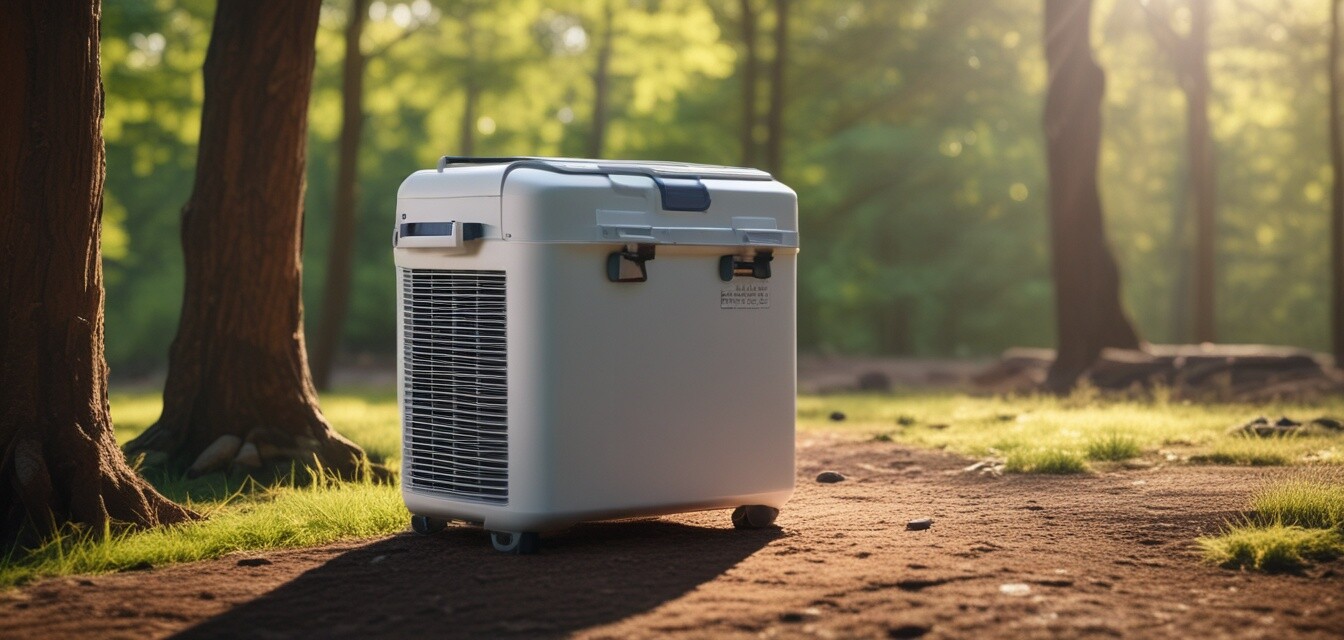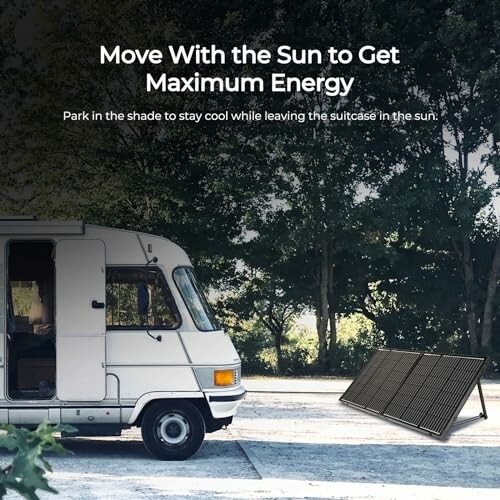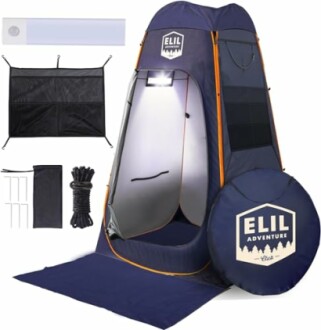
Solar-Powered Coolers: What to Consider
Key Takeaways
- Consider size and capacity based on your needs.
- Look for energy-efficient models to maximize battery life.
- Evaluate the cooling performance for long-lasting freshness.
- Check the build quality and durability, especially for outdoor use.
- Assess additional features such as USB ports and solar panel compatibility.
When planning a camping trip, having a reliable cooler can make a world of difference. Solar-powered coolers not only keep your food and drinks fresh but also harness the sun's energy to operate efficiently. This guide will explore the key factors to consider when selecting a solar-powered cooler, ensuring you can enjoy fresh food while being conscious of your energy usage.
Why Choose a Solar-Powered Cooler?
Solar-powered coolers provide a sustainable and eco-friendly way to keep your perishable items cool while enjoying the great outdoors. Here are some benefits:
- Energy Efficiency: Utilizes sunlight, reducing reliance on traditional power sources.
- Convenience: Many models come with features such as built-in solar panels.
- Portability: Designed for outdoor use, making them easy to transport.
Key Factors to Consider
1. Size and Capacity
The size of the cooler is one of the most critical aspects. Depending on the number of people you will be camping with and the duration of your trip, you should select a cooler with an adequate capacity. Here’s a general guide:
| Group Size | Cooler Capacity (Quarts) |
|---|---|
| 1-2 People | 20-30 Quarts |
| 3-4 People | 30-50 Quarts |
| 5+ People | 50+ Quarts |
2. Energy Efficiency
Look for models with high energy-efficiency ratings. A cooler with smart energy management can extend the life of its battery and ensure your items stay cool for longer. Check the average run time on a full charge and consider models with low power consumption rates.
3. Cooling Performance
A cooler’s ability to maintain low temperatures consistently is a primary concern. Some coolers offer rapid cooling capabilities, while others may require longer to reach optimal temperatures. Here are some attributes to evaluate:
- Temperature Range: Ensure it can reach the desired cooling temperature.
- Insulation Quality: Well-insulated models retain cool air longer.
- Pre-cooling Systems: Some brands offer pre-cooling functions for quick temperature drops.
4. Build Quality and Durability
Your cooler should be robust enough to withstand outdoor conditions. Look for:
- Water Resistance: Ensure seals and materials resist moisture.
- Rugged Design: Check for thick walls and sturdy construction.
- Temperature Resistance: Models should withstand various weather conditions.
5. Additional Features
Modern solar-powered coolers come with various features that can enhance your camping experience. Look for these options:
- USB Ports: Charge your devices directly from the cooler.
- Multiple Power Options: Compatibility with both solar and AC power sources.
- Integrated Lighting: Useful for accessing items at night.
Recommended Solar-Powered Products
Renogy 100 Watt Portable Solar Panel
This foldable solar suitcase offers remarkable efficiency and portability, making it an ideal energy source for your cooler while camping.
Learn MoreCamping Shower Tent with LED Sensor Light
Designed for privacy and convenience, this pop-up tent serves as a great addition for showering and changing outdoors.
Learn MoreMaintenance Tips for Solar-Powered Coolers
To ensure your solar-powered cooler operates efficiently, consider these maintenance tips:
- Regularly clean solar panels to boost efficiency.
- Check the battery health annually.
- Store your cooler in a dry place when not in use.
Conclusion
Solar-powered coolers are a fantastic investment for camping enthusiasts who wish to maintain a sustainable lifestyle while ensuring their food and beverages stay fresh. By considering the factors outlined in this guide, you can make an informed decision that best fits your camping needs, allowing you to enjoy the great outdoors with ease.
For more insights on solar-powered camping options, check our articles on how to choose a solar-powered shelter and types of solar-powered camping shelters.

